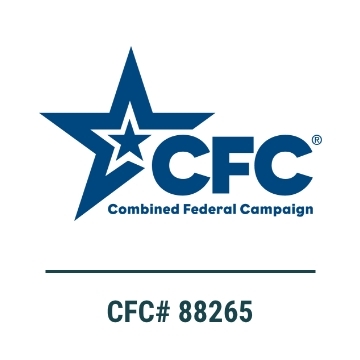Behavioral challenges are a hallmark of autism and related disorders. While every parent dreads a phone call from school, the one announcing a suspension is especially feared. The reality is that children with disruptive or dangerous behaviors may be disciplined at some point by their schools. In an effort to help parents understand the regulations about student discipline, this article identifies key points about what is legal and what is not, and what difference a behavior intervention plan can make.The procedural safeguards of the Individuals with Disabilities Act (IDEA) were designed to ensure that students with disabilities who receive special education services were not arbitrarily removed from their educational program or from the least restrictive environment (LRE) without consent. That said, IDEA does not restrict schools from disciplining children with disabilities. School systems have a responsibility to maintain a safe environment. When a child violates school rules and disrupts the rights of others, the temporary removal of that student may be necessary.
What if a child has difficulty understanding the proper code of conduct? Parents should be given the opportunity to discuss the discipline code with teachers when it is a concern for their child. Parents know their children best and are most helpful in predicting problems. Such discussions can then lead to the development of Individualized Education Program (IEP) goals. Likewise, disability-related challenges should be noted if they prevent the child from meeting the expectations of the school’s code.
How can the IEP serve as a vehicle for effective behavior management? IEPs are meant to address both academic needs and other educational needs that result from a child’s disability. When behavior impedes learning or the learning of others, IDEA requires IEP teams to consider positive behavioral interventions and supports.
What is a functional behavioral assessment? A functional behavioral assessment (FBA) determines what the function of certain behaviors may be and how a child’s disability may affect behavior. If an FBA is required, a team of teachers and specialists should observe and document behaviors over a number of weeks, noting the antecedent (what comes before the behavior), behavior, and consequence (what happens as a result of the behavior). Besides teachers, parents and others working closely with the child should be interviewed. A behavior specialist or school psychologist may also be involved; he or she collects and analyzes the data, and presents the findings to the IEP team.
What is a behavior intervention plan (commonly referred to as a “BIP”)? An effective individualized behavior intervention plan (1) identifies behaviors that may occur as a result of a child’s disability and (2) sets out a plan to prevent the occurrence of those behaviors. Behavioral goals—similar to those for any academic subject—should be developed and, ideally, included in the IEP. The BIP should clearly identify how behaviors will be addressed if they do occur. The plan should identify how to de-escalate behaviors with the use of positive supports, and how to shape replacement behaviors. As with academic goals, behavioral goals should be measurable, frequently reviewed, and modified as needed.
For additional information on this topic, wrightslaw.com is highly recommended.
Also read, Just a Bad Day” or Undocumented Suspension?


























